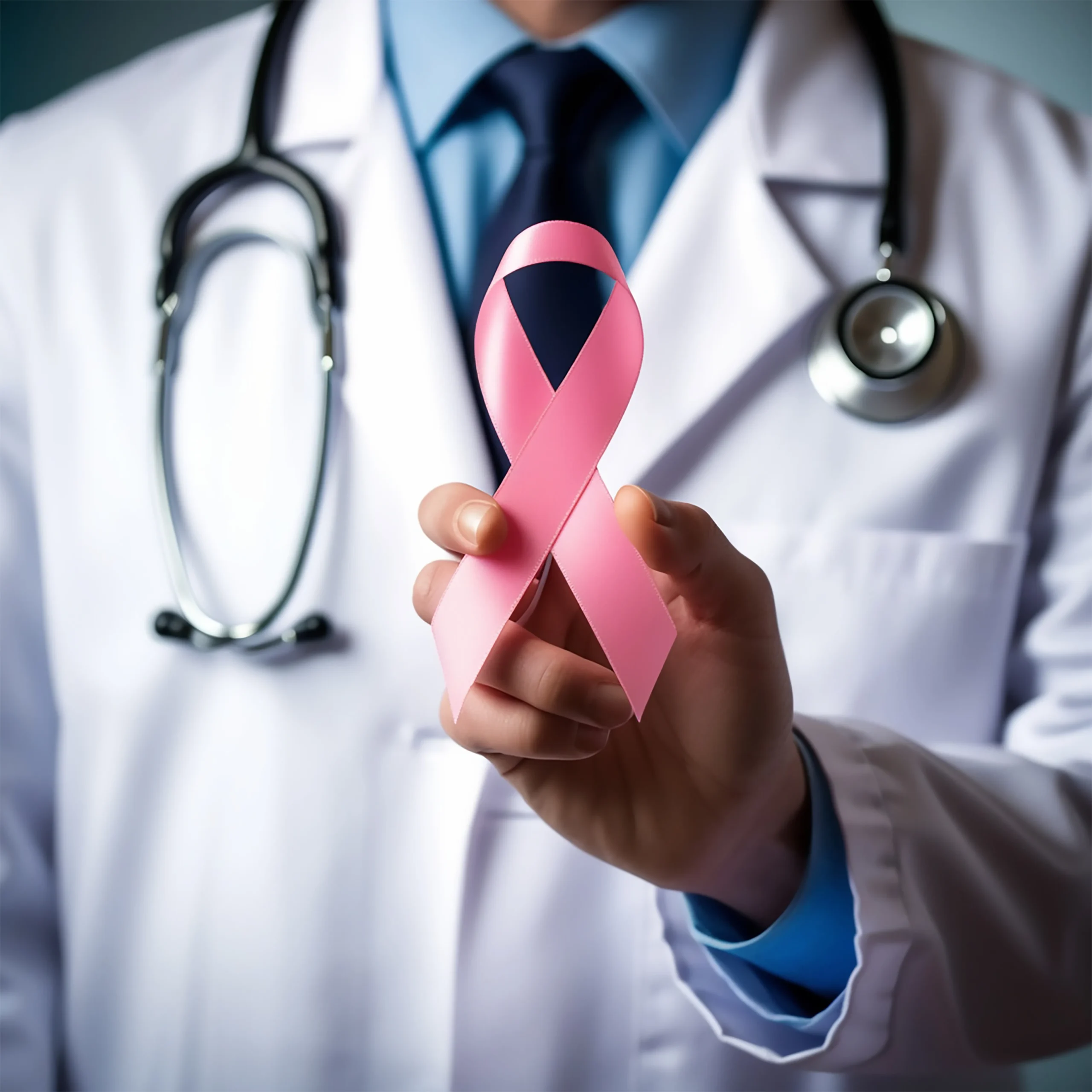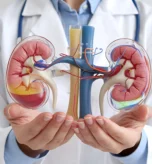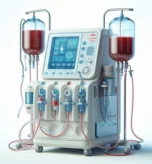
Cancer is one of the most challenging health conditions of our time, affecting millions of people across the globe. It occurs when abnormal cells in the body begin to grow uncontrollably, invading healthy tissues and sometimes spreading to other parts of the body. The causes of cancer are complex and include genetic mutations, lifestyle choices such as smoking or poor diet, and environmental factors like exposure to harmful chemicals or radiation.
Early detection plays a crucial role in the successful treatment of cancer. Regular screenings such as mammograms, colonoscopies, and blood tests can help identify cancer in its initial stages when treatment is most effective. Symptoms vary depending on the type of cancer but may include unexplained weight loss, fatigue, lumps, or abnormal bleeding.
Treatment options for cancer have advanced significantly in recent years. Common approaches include surgery to remove tumors, chemotherapy to destroy cancer cells, radiation therapy, and immunotherapy, which boosts the body’s natural defenses against the disease. Personalized medicine has also gained importance, tailoring treatments based on a patient’s genetic makeup.
While cancer remains a serious condition, advances in healthcare infrastructure and modern treatments have improved survival rates and quality of life for patients. A holistic approach combining advanced medical care, lifestyle changes, and emotional support can help patients and families cope with the challenges of cancer more effectively.





